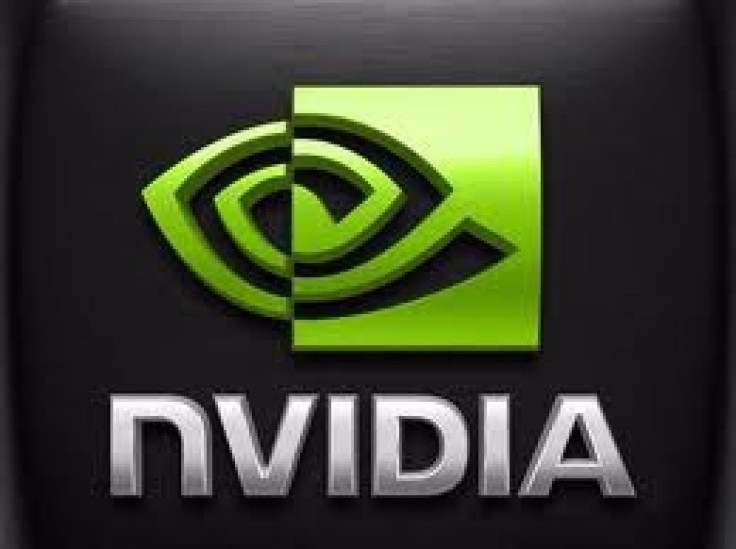Google-Motorola Deal: A 'Big Positive' for Nvidia

Google (NASDAQ:GOOG) has agreed to buy Motorola Mobility (NYSE:MMI) for $12.5 billion, or $40 a share, in cash to defend its Android ecosystem.
The deal is considered as a significant development in the mobile technology industry and assumes significance for semiconductor companies like Nvidia, Corp. (NASDAQ:NVDA), Texas Instruments, Inc. (NYSE:TXN) and Qualcomm, Inc. (NASDAQ:QCOM).
Among the three, market analysts are speculating that Nvidia could be a big beneficiary of the Google-Motorola deal.
"From a more tactical semiconductor perspective, the acquisition solidifies Nvidia's position as the premier apps processor supplier for Android Honeycomb and the current preferred platform at Motorola Mobility," Raymond James analyst Hans Mosesmann wrote in a note to clients.
The analyst believes that Nvidia's position is formidable as the higher end of the computing stack would likely opt for the more powerful Nvidia offering versus other ARM-based apps processor vendors.
"We suspect Google is keenly aware of this dynamic," Mosesmann said.
The Google-Motorola deal may not bode well for smaller 2nd and 3rd tier OEM players who will feel somewhat isolated or threatened by Google's move to say the least.
In this environment, rational OEMs will feel the need to use the best hardware available with the best roadmap.
"If Nvidia can garner 53 smartphone SKU "wins" before the Google acquisition of Motorola Mobility, we believe an increasing tail wind is blowing," the analyst said.
When Nvidia hosted its earnings call last week,, the single most important data point was not in the tablet arena or the flattish Tegra guide, it was how in the world does a total smartphone nobody (zero share one year ago) get designed into 53 different smartphone models in one year's time?
If the next Android version Ice Cream Sandwich were so important why would smartphone OEMs behave so irrationally?
"Perhaps because the best hardware is being adopted, and today and in 2H11/2012 that would be Nvidia's Tegra," Mosesmann added.
Last week, Santa Clara, California-based Nvidia reported better-than-expected a second quarter results, on higher revenue and gross margin. Both the company's earnings per share came in above analysts' expectations as did its quarterly revenue. The company also issued an upbeat revenue outlook for the third quarter.
The Street was expecting a massive Nvidia outlook miss which did not happen. In a rush to account for the unexpectedly "OK" Nvidia quarter and the related cognitive dissonance, the street with firmly placed blinders may be viewing Tegra as a product failure not seen in many years in Silicon Valley.
"We think this is a big mistake. We look at the Google move today as a big positive for NVDA as the stakes increase in the future battle of "computing" where the best hardware (top-to-bottom) wins," the analyst said.
Shares of Nvidia closed Monday's regular trading session at $13.37 on Nasdaq.
© Copyright IBTimes 2024. All rights reserved.











